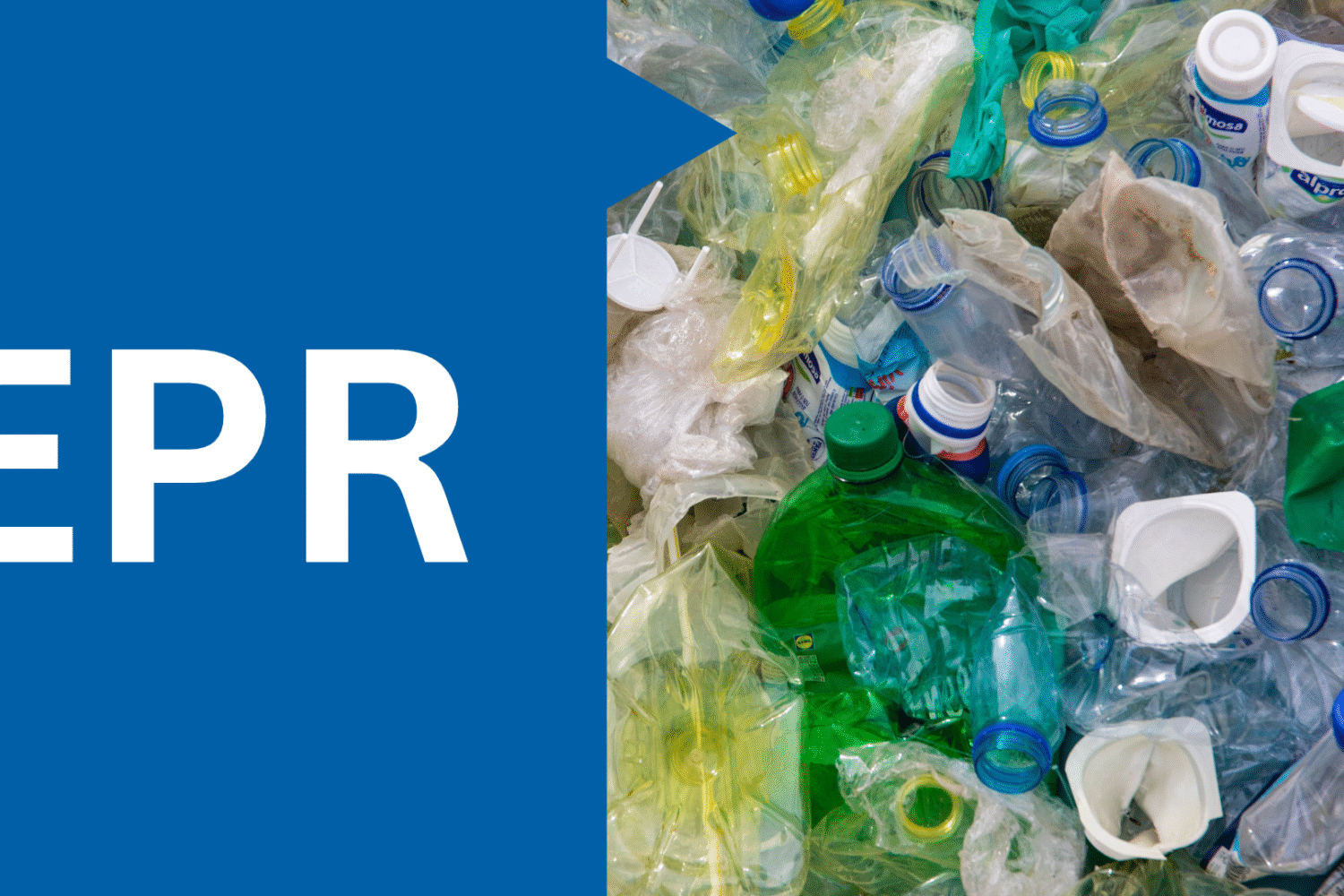Extended Producer Responsibility (EPR) is an essential framework that ensures that producers are held accountable for the entire life cycle of their products, including their disposal. EPR shifts the responsibility of waste management from the government to the producers, incentivizing them to design their products with the environment in mind. In India, the importance of EPR has never been more critical. With a population of over 1.3 billion, India generates a vast amount of waste. This article delves into the significance of EPR in India, its current state, and the role of stakeholders in its successful implementation.
The Current Waste Management System in India
The current waste management system in India is flawed, and the environmental impacts are significant. Municipal authorities are responsible for the collection and transportation of waste, while the waste’s final disposal is usually left to informal waste pickers or landfill sites. Waste management is primarily focused on the collection and transportation of waste, while its disposal remains largely neglected. This has resulted in the pollution of water bodies and the emission of harmful gases like methane, which is a potent greenhouse gas.
Extended Producer Responsibility in India
India has a legal framework for EPR, with the Ministry of Environment, Forest, and Climate Change (MoEFCC) being the primary body responsible for its implementation. The framework seeks to ensure that producers are held responsible for their products’ entire lifecycle and encourages the use of eco-friendly and sustainable products. EPR has numerous benefits, such as reducing waste, increasing recycling rates, and creating a circular economy.
Implementation of Extended Producer Responsibility in India
Implementing EPR in India has been challenging due to several factors, such as lack of awareness, weak enforcement, and inadequate infrastructure. The Indian government has taken several steps to overcome these challenges. For instance, the government has introduced various policies and regulations, such as the Plastic Waste Management Rules (2016), to promote EPR. Additionally, the government has collaborated with NGOs, such as Waste Warriors, to create awareness and implement EPR.
Role of Various Stakeholders in Extended Producer Responsibility
Several stakeholders play a crucial role in the successful implementation of EPR. Producers must design products that are sustainable and easy to
dispose of. They must also take responsibility for the collection, transportation, and disposal of their products. Consumers must also play their part by adopting sustainable and eco-friendly practices, such as reducing, reusing, and recycling. Local governments play a vital role in facilitating the infrastructure and resources needed for waste management. Finally, NGOs can assist in creating awareness, implementing EPR, and monitoring its progress.
Conclusion
EPR is crucial for the sustainable development of India. The country generates a massive amount of waste, and without proper waste management, the environmental impact will continue to be significant. The government, producers, consumers, local governments, and NGOs must work together to ensure the successful implementation of EPR. The future prospects of EPR in India look promising, but it requires a collaborative effort to achieve its full potential.
FAQs
What is Extended Producer Responsibility (EPR)?
EPR is a framework that holds producers responsible for the entire lifecycle of their products, including their disposal.
What are the benefits of EPR?
EPR has several benefits, such as reducing waste, increasing recycling rates, and creating a circular economy.
How is EPR implemented in India?
EPR is implemented in India through various policies and regulations, such as the Plastic Waste Management Rules (2016), and through collaborations between the government, NGOs, and other stakeholders.
What is the role of consumers in EPR?
Consumers play a crucial role in EPR by adopting sustainable and eco-friendly practices, such as reducing, reusing, and recycling.
How can NGOs contribute to EPR implementation?
NGOs can contribute to EPR implementation by creating awareness, implementing EPR, and monitoring its progress. They can also assist in creating partnerships and collaborations between stakeholders.

